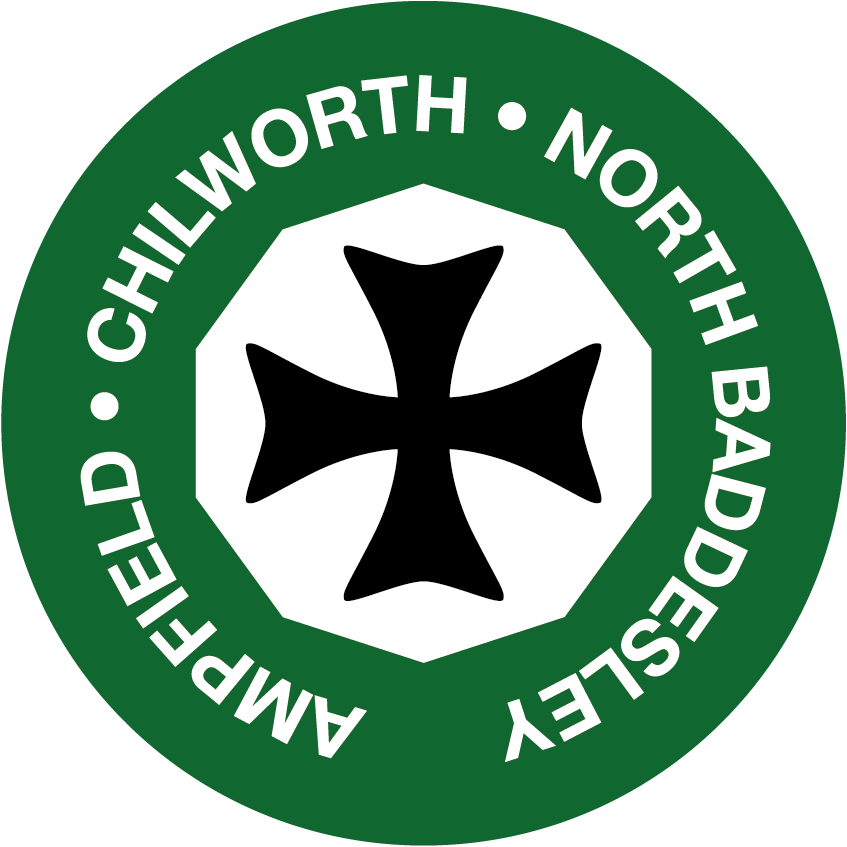Sermon from Sunday 11 August
Lament and revelling in the abundance of the bread of life
Reading(s): 1 Kings 19.4-8, John 6.35, 41-51. This sermon was given by Vanessa Lawrence at All Saints and St Mark.
Bread is a wonderful thing, isn’t it? Not only the staple food of millions of people, but also something that can engage us on many levels - we can make it ourselves, watching the dough rise, and smelling the yeast and wonderful smell of cooking bread. We can buy it, and delight in its texture, and taste. Having the smell of baking bread in your home is supposed to increase the chances of a sale if you have a viewing!
In troubled times, the action of making bread, kneading dough, waiting for it to prove, watching it rise, can be soothing and calming. Some of you may know that recently I lost a dear friend - Gary Philbrick was Assistant Archdeacon in this Diocese, but many years ago he was incumbent in Swaythling when I was Curate in Bassett. He was Godfather to my Nathaniel and a constant and faithful friend of our family.
Gary was himself a great baker - my children grew up on his ‘afternoon teas at the vicarage’ and his scones were particularly well known! It is always tough to lose someone, but when that person is busy, in the prime of life, doing so much to help others and shine the light of God to all they meet, it can feel particularly hard. We sometimes feel in our culture today that we must always be positive, and funerals can - for good reason, often, - be a celebration of life - ‘they wouldn’t want us to be sad’ people often say.
And yet, there are times when sadness is not only appropriate, but important. Expressing loss, grief is healthy and natural, and a key part of healthy living. We may feel sadness about other things too - poverty, injustice, our Islamic brothers and sisters living in fear of the riots on our streets. Bewailing our troubles to God can somehow feel like we lack faith - and yet, there are times when the only honest prayer we can offer is a cry of lament. We know from the psalms that we can speak directly to God, and that sometimes all we can do is wait and lament.
The Christian writer Henri Nouwen said that a friend had once written to him, saying ‘learning to weep, learning to keep vigil, learning to wait for the dawn. Perhaps this is what it means to be human.’ It is also at the heart of what it means to be a follower of Christ - as we lament our problems, or the disarray we see in the world around us we know that Christ too knew tears of sorrow and loss, the abandonment of the cross.
But God works for the good in every situation - even though not every situation is good. We can trust that God loves and cares for each one of us as precious children. Jesus said to his disciples, 'I am the bread of life. Whoever comes to me will never be hungry, and whoever believes in me will never be thirsty' (John 6.35). God’s abundance towards us is overflowing. We must come, again and again, to God's table. Because Jesus is the bread of life. And as we gather around the Communion table, week by week, season by season, we are fed. Those who have the privilege of ministering to the dying will know that one of the last things we do if we can is give a dying person communion. And when we do that at the very end of life it is called viaticum, which literally translates as ‘provisions for the journey’.
Whenever any of us receive Communion it is always ‘provisions for the journey’. The journey towards the kingdom. We must not ever confuse the Church of England, or any institutional church, with the kingdom of God. They are very different - the church is a microcosm of our brokenness as people and society, just as any other organisations are.
We live towards the future. And all of our relationships now are imperfect because they are shadows, sketches, of the great relationship which the kingdom will be.
But, nonetheless, we live towards that ambition. So when we are sad, we can lament with honesty and openness towards God. We try to open ourselves up to the light rather than closing ourselves in and starting to rot. Let the fresh air in. Let the sunlight in, and the joy will return. We thank God, at every Eucharist, for the provisions for our journey. And we receive the bread of life, the bread of heaven, each time as if it was the last time, and we set off again, looking outwards, living kindly and joyfully. Forward into the future. Eyes fixed on the kingdom, and revelling in the abundance of the bread of life, and the goodness of God, planted more deeply than all that is wrong in the world.
